
Intervening in Violence: “People Join Gangs Because of a Lethal Absence of Hope” Associate professor Jorja Leap discusses factors that lead to young people joining gangs on radio show
Jorja Leap, adjunct associate professor of social welfare, appeared as a guest on the Howard Gluss radio show to discuss the factors that lead to young people joining gangs.
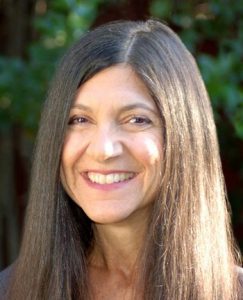
Jorja Leap is an expert in crisis intervention and trauma response. Her research examines gangs, prison culture and high-risk and system-involved youth
“So many of the young men and young women I have worked with over the years come from families where there has been abuse,” says Leap. “They come from families where other family members have been gang members themselves. They come from families where there has been substance abuse and multiple problems and they also come from communities that are impoverished, but also more importantly communities that are affected by violence.”
The following is an excerpt from the interview:
GLUSS: We need the facts and then we need an emotional connection to the facts. So give us some of the facts.
LEAP: Well, the facts are, and I’m going to quote Father Greg Boyle here, gangs do not arise and people do not join gangs because of violence, people join gangs because of a lethal absence of hope.
GLUSS: Which is depression.
LEAP: It’s depression, you’re absolutely right. It’s a sense of powerlessness. It’s feeling there are no opportunities, no options, no one who cares. And that’s what it comes from. It comes from depression, and it also comes from, this will come as no surprise to you and I’m sure to other listeners, it also comes from families and communities.
So many of the young men and young women I have worked with over the years come from families where there has been abuse. They come from families where other family members have been gang members themselves. They come from families where there has been substance abuse and multiple problems and they also come from communities that are impoverished, but also more importantly communities that are affected by violence.
And you’ve mentioned that I’ve worked all over the world and one of the commonalities is that when young people and children are raised in violent communities they often have post traumatic stress disorder even as they are growing up and they will join gangs and engage in violent behavior strangely enough in order to feel empowered.
GLUSS: There’s a sense of respect and self esteem with that.
LEAP: Exactly…now you know, for example, I witnessed one very powerful transformation. There are young men and young women who are now being trained, former gang members that are being trained in solar panel installation, a job that with which they can earn a tremendous amount of money. The transformation in them and the sense of control they begin to feel is just astonishing in terms of themselves and their identity.
Listen to the entire interview here.
Dr. Jorja Leap is a professor at UCLA, a recognized expert in crisis intervention and trauma response and has been involved with training and research for the United Nations and the Organization for Security and Cooperation in Europe as part of post-war development and conflict resolution in Bosnia and Kosovo and has conducted work with the families of victims of the 9/11 WTC disaster. She is the author of the book, “No One Knows Their Names.”
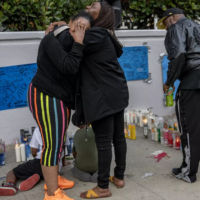

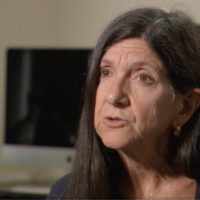
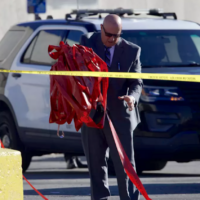
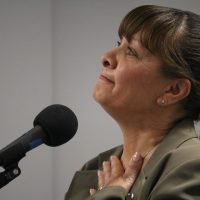



Leave a Reply
Want to join the discussion?Feel free to contribute!